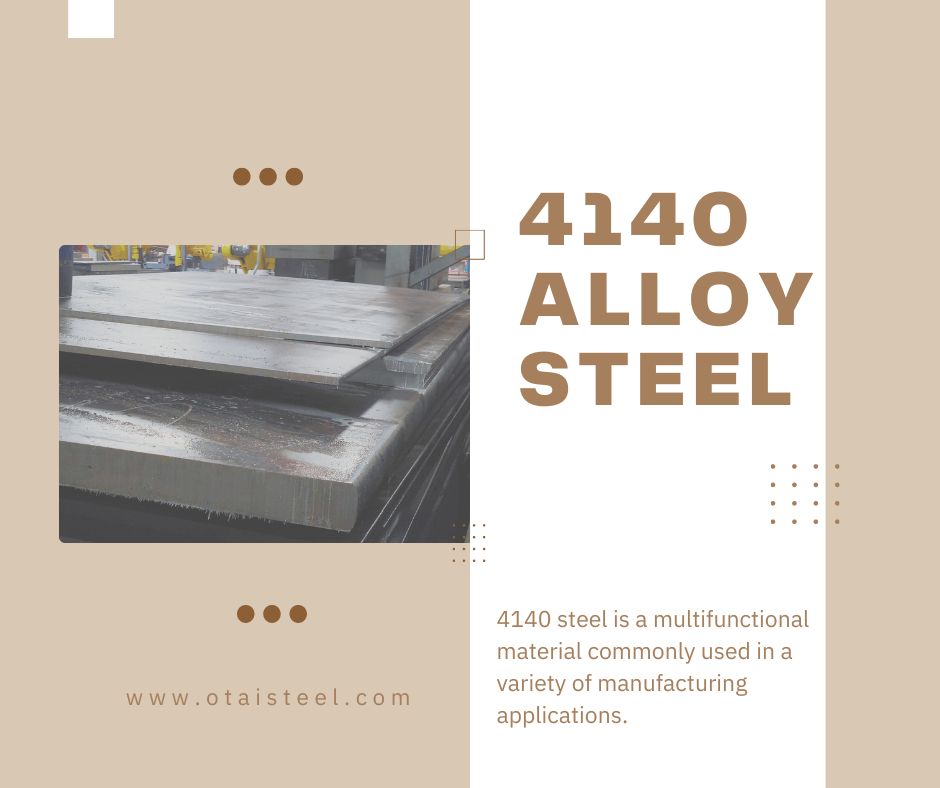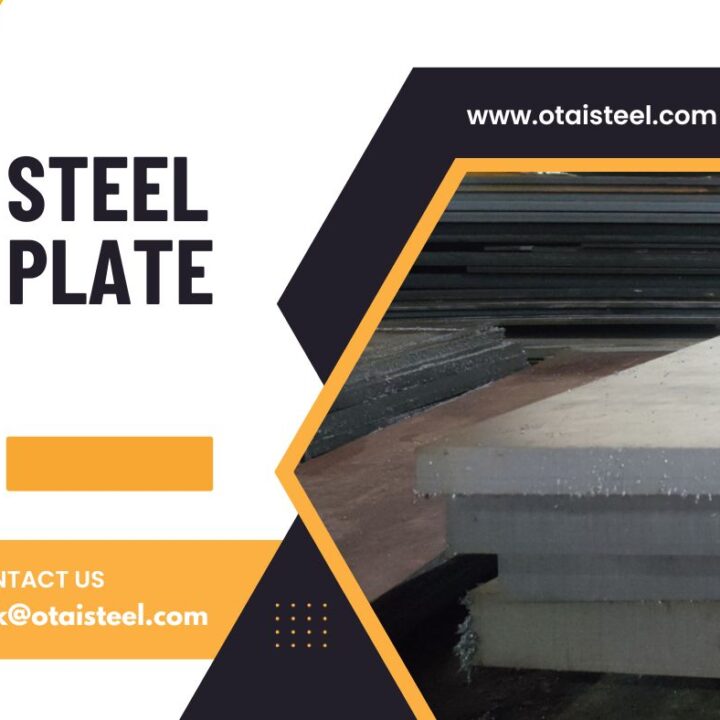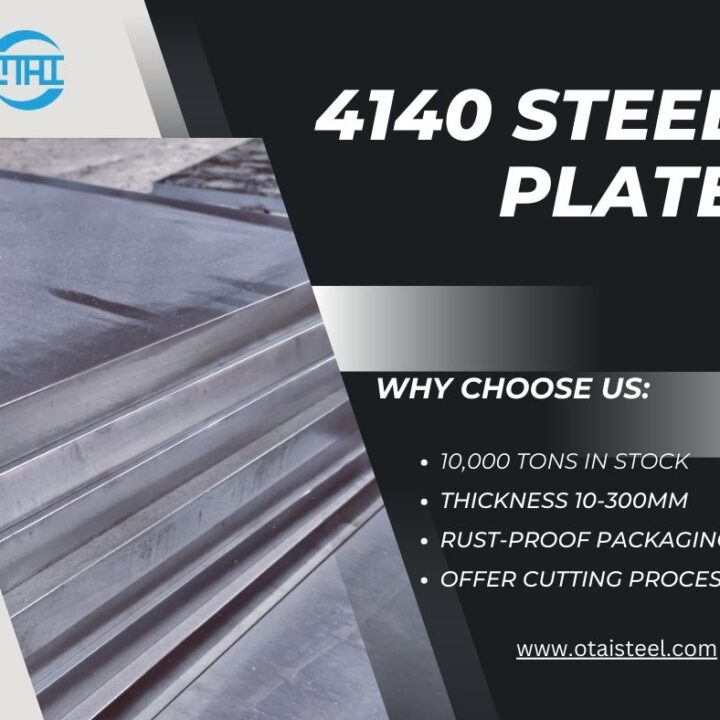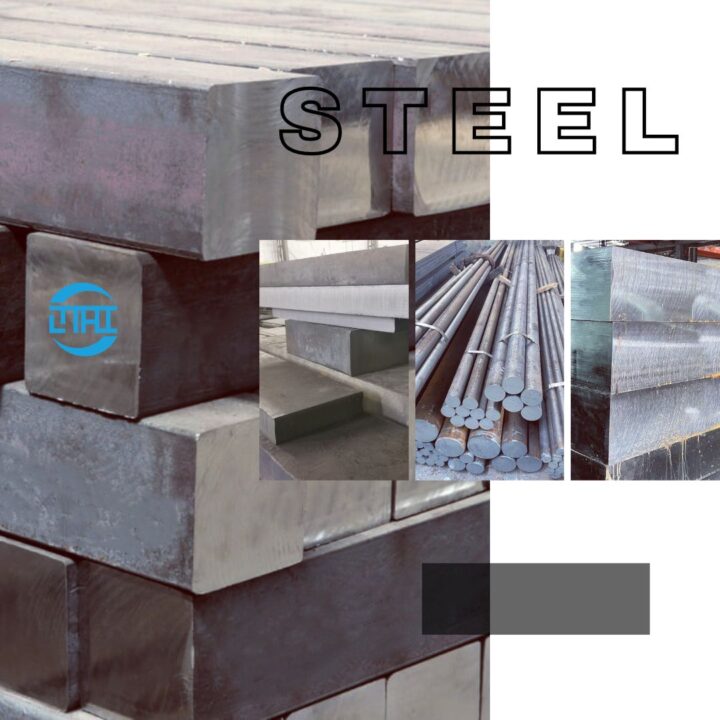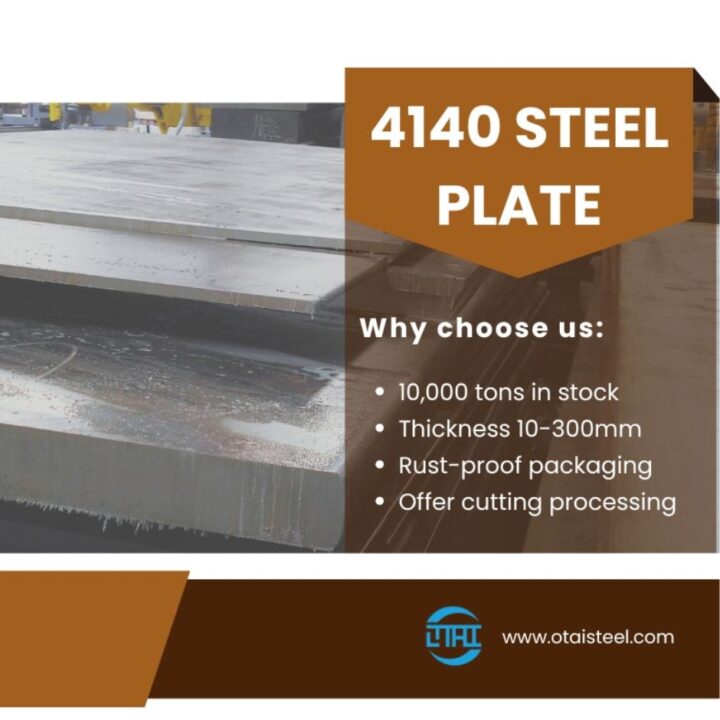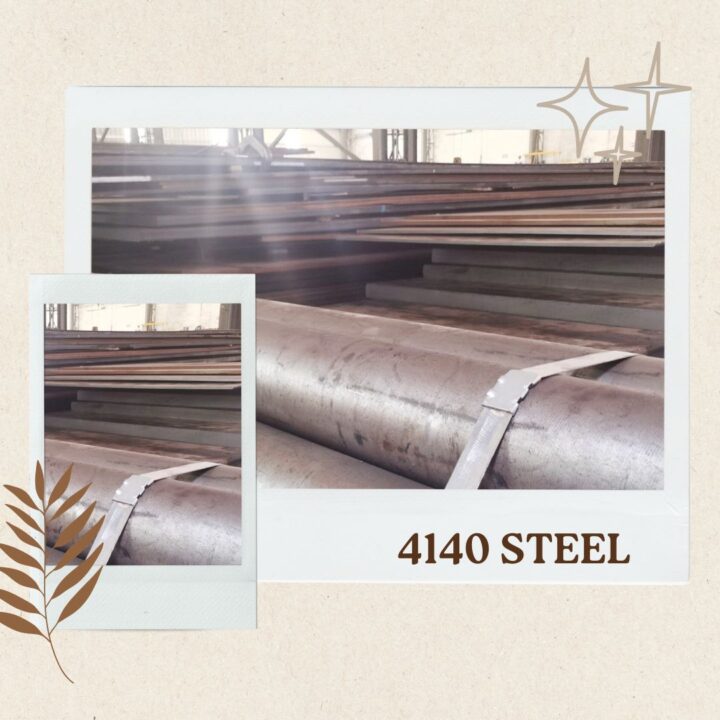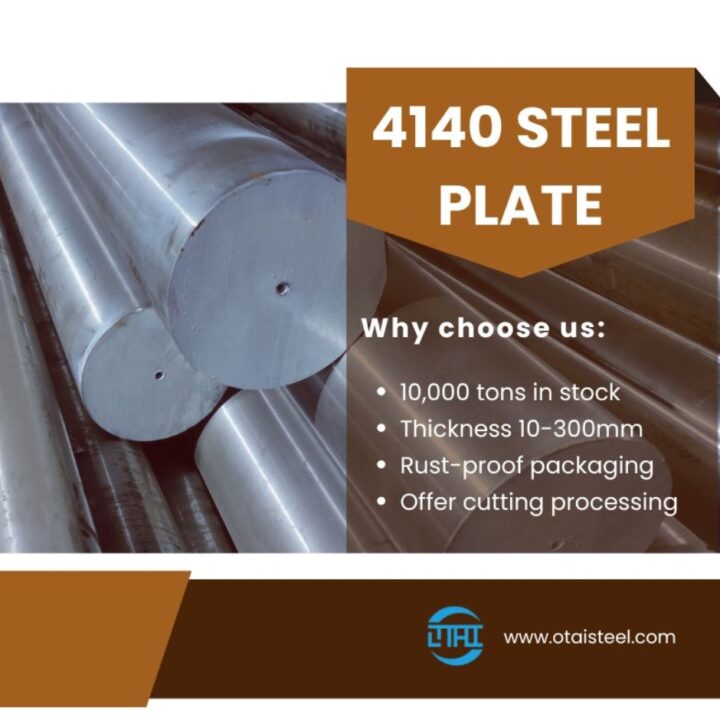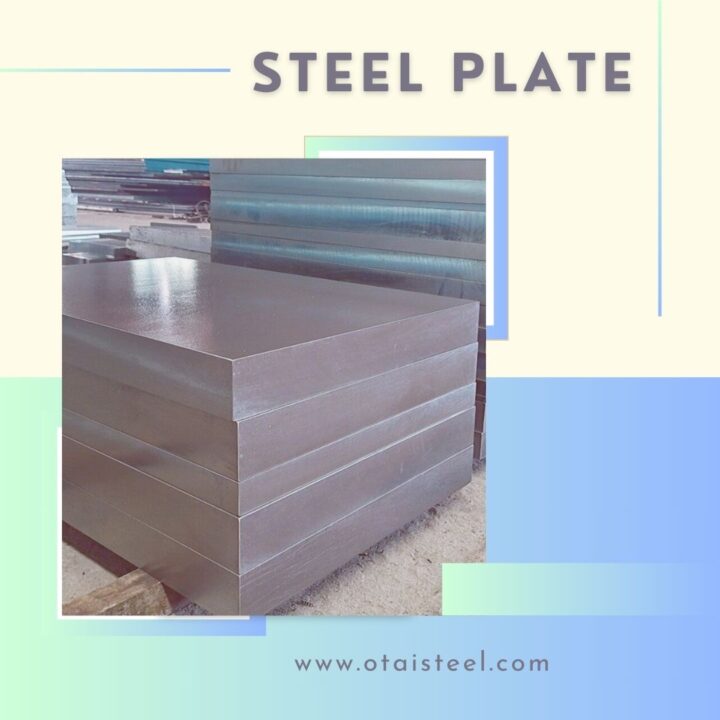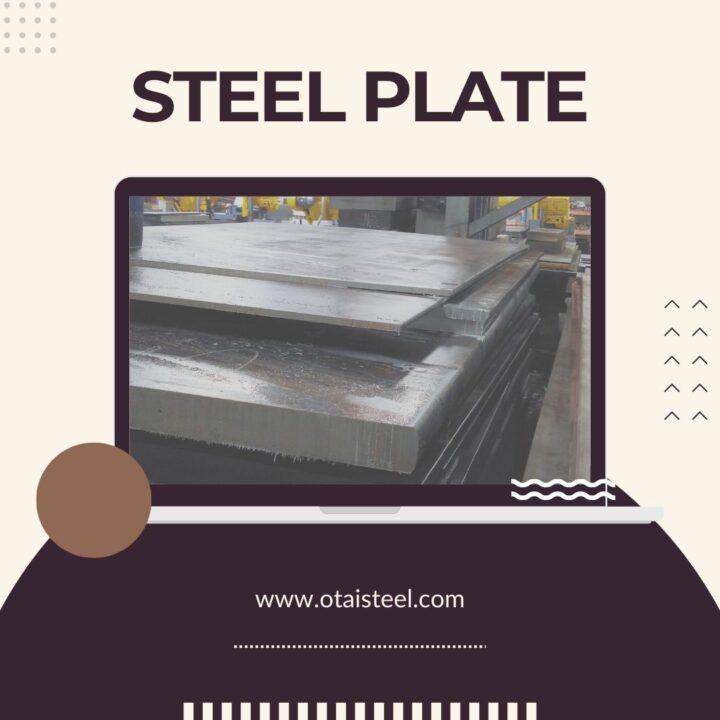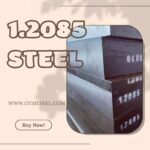When it comes to alloy steel, one name that frequently pops up is 4140. This versatile and widely-used material has gained popularity across various industries due to its excellent properties. (4140 alloy steel equivalent)
What is 4140 Alloy Steel?
To understand the concept of equivalents, let’s start by examining what 4140 alloy steel is. 4140 is a chromium-molybdenum steel alloy with excellent toughness, high fatigue strength, and good overall strength properties. It’s often referred to as “chromoly steel” due to its chromium and molybdenum content, which significantly enhance its properties.
Key Characteristics of 4140 Alloy Steel:
- High tensile strength
- Good ductility
- Excellent wear resistance
- High fatigue strength
- Versatile heat treatability
4140 Alloy Steel Composition
The chemical composition of 4140 alloy steel plays a crucial role in determining its properties. The primary elements in 4140 steel include:
- Chromium (Cr): Enhances hardness and wear resistance.
- Molybdenum (Mo): Improves strength and toughness.
- Carbon (C): Provides hardness and strength.
- Manganese (Mn): Enhances hardenability.
- Silicon (Si): Contributes to strength and fluidity during the manufacturing process.
Applications of 4140 Alloy Steel
4140 alloy steel is widely used across various industries due to its versatile properties. Some of its common applications include:
- Aerospace: In aircraft components and landing gear due to its high strength-to-weight ratio.
- Automotive: In critical parts like axles, crankshafts, and gears.
- Oil and Gas: For components subjected to high stress and temperature.
- Construction: In structural components and heavy equipment.
- Machinery: In gears, shafts, and other high-stress components.
Equivalent Materials to 4140 Alloy Steel
Now that we’ve covered the basics of 4140 alloy steel, let’s explore its equivalents. These equivalents are materials that share similar properties and can often be used interchangeably with 4140 steel in various applications.
- AISI 4140 (USA): This is the American Iron and Steel Institute (AISI) designation for 4140 alloy steel. It’s the most common reference for this material in the United States.
- DIN 1.7225 (Germany): In Germany, 4140 steel is known as DIN 1.7225. It adheres to the DIN (Deutsches Institut für Normung) standard.
- 42CrMo4 (Europe): In Europe, 4140 is often referred to as 42CrMo4. This designation conforms to European standards.
- JIS SCM440 (Japan): Japan uses the JIS (Japanese Industrial Standards) designation, where 4140 is known as SCM440.
- GB 42CrMo (China): In China, it’s designated as GB 42CrMo.
These equivalents demonstrate that 4140 alloy steel is recognized and utilized globally, making it a preferred choice for various applications worldwide.
Advantages of Using 4140 Alloy Steel
Choosing an equivalent material to 4140 alloy steel offers several advantages:
- Availability: 4140 equivalents are widely available across the globe, ensuring a stable supply chain.
- Interchangeability: These equivalents can often be used in place of 4140, providing flexibility in material selection.
- Global Standards Compliance: Many industries operate across borders, and using internationally recognized equivalents ensures compliance with different standards.
- Cost-Efficiency: In some regions, equivalents may be more cost-effective due to local availability.
FAQs
Q1: What is the difference between 4140 alloy steel and its equivalents?
A1: While 4140 alloy steel and its equivalents share similar properties, there can be slight variations in composition and manufacturing standards. However, in most practical applications, they can be used interchangeably with similar results.
Q2: Can 4140 alloy steel be welded?
A2: Yes, 4140 alloy steel is weldable, but it requires proper pre-welding and post-welding procedures to maintain its properties. Consultation with a welding expert is recommended.
Q3: Is 4140 alloy steel suitable for high-temperature applications?
A3: 4140 alloy steel has good heat resistance, but it may lose some of its hardness at very high temperatures. For extreme heat applications, other specialized alloys might be more suitable.
Q4: What industries commonly use 4140 alloy steel?
A4: 4140 alloy steel finds applications in aerospace, automotive, oil and gas, construction, and machinery industries, among others.
Q5: Are there any limitations to using 4140 alloy steel equivalents?
A5: While 4140 equivalents offer versatility, it’s essential to ensure that the specific equivalent meets the required standards and properties for your application. Consultation with materials experts is advisable.
